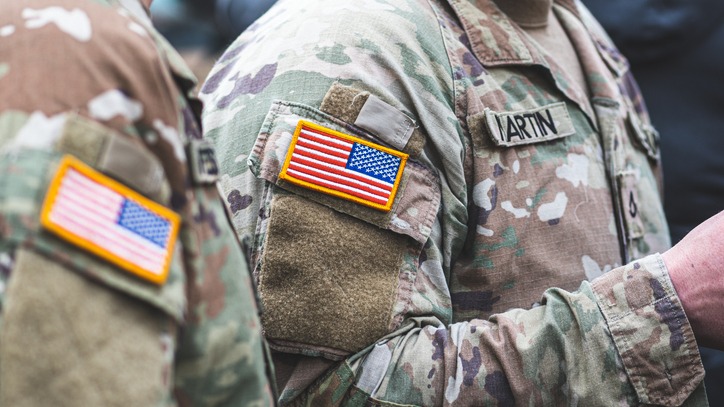
Transforming Military Leadership: The New Vision from Secretary Dan Driscoll
In a groundbreaking dialogue, Secretary of the Army Dan Driscoll unveils his ambitious vision for modernizing military operations, focusing on soldier empowerment and innovative practices that challenge the status quo. His conversation with Joe offers an enlightening perspective, driving home the necessity for change in what he describes as a military environment rife with "irrationality and stupidity at scale". This piece outlines Driscoll's transformative initiatives aimed at revitalizing the Army and enhancing ground-level feedback, recognizing that true innovation can stem from even the most junior soldiers.
The Army Transformation Initiative: Key Goals and Strategies
Driscoll’s Army Transformation Initiative aims to equip soldiers and modernize military structure by eliminating waste and outdated practices. What he refers to as a critical overhaul not only addresses operational capabilities but fundamentally redefines how soldiers interact with their leadership. Their voices are increasingly recognized in decision-making processes, ensuring that frontline feedback shapes military strategies.
A Learning Culture: Innovation Begins at E-1
An intriguing aspect discussed during the episode involves a drone drill at Fort Jackson, where recruits, some with only five weeks of service, altered the training doctrine through innovative insights. This illustrates Driscoll's belief that innovation should not be limited to seasoned officers; instead, every soldier has the potential to drive transformational change, fostering a military culture rooted in collaboration and adaptive learning.
Family and Duty: Navigating the Balance
In exploring the concept of balance, Driscoll highlights the sacrifices inherent in high-tempo military life. He emphasizes the importance of maintaining perspective as both a leader and a family man, reflecting on how these dual roles demand conscious trade-offs. This insight resonates deeply with active-duty service members and their families, offering a real look at the challenges they face while serving their country.
Lessons from the Field: Combat Experiences Shaping Future Policies
Driscoll shares compelling anecdotes from his military service, including a raid on an IED factory where protocols restricted his actions. This experience fueled his determination to address "broken feedback loops" within military operations, advocating for innovative responses to emergent threats. Such lessons learned in the field not only inform Driscoll's approach but also serve as crucial learning points for current and future military leaders.
Accelerating Change: Leadership Lessons for Everyone
For leaders at all levels, Driscoll offers actionable insights on fostering an environment of trust and transparency. From advocating for honest feedback mechanisms to pushing for small-unit innovations—such as the metaphorical use of a “credit card” approach—these practices empower teams and significantly enhance the military's operational capabilities. He drives home the message that the core objective must always be to serve soldiers first.
Final Thoughts: The Future of Military Leadership
This candid dialogue not only navigates the intricacies of modern military leadership but serves as a call to action for every member of the armed forces and their families. As the Army pursues its most ambitious overhaul in decades, the principles shared by Secretary Driscoll can inspire a new generation of leaders across all sectors. Understanding, adaptation, and a commitment to serving those at the front lines can galvanize a movement that enhances both military effectiveness and the quality of life for service members.
 Add Row
Add Row  Add
Add 




Write A Comment